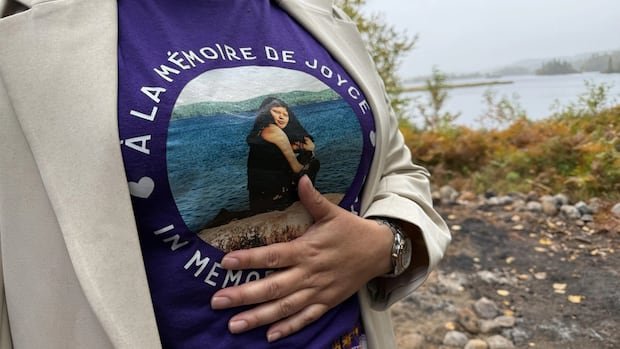After the release of a coroner’s report into Joyce Echaquan’s death, her husband, Carol Dubé, expressed that her Indigenous identity contributed to her tragic passing. The emotional statement highlighted the systemic prejudices that still exist, allowing such injustices to occur. Coroner Géhane Kamel, shedding tears during the findings presentation, indicated that Echaquan may have survived if she were not Indigenous.
Echaquan passed away on September 28, 2020, at the Centre hospitalier régional de Lanaudière in Joliette, Quebec. The incident, where the Atikamekw mother livestreamed racist behaviors from hospital staff while in distress, caused widespread outrage and demonstrations. This event, occurring shortly after George Floyd’s murder, intensified discussions on systemic racism in Quebec.
The aftermath of Echaquan’s death led to the creation of “Joyce’s Principle,” a 16-page document by the Council of the Atikamekw Nation and the Atikamekw Council of Manawan. The principle, inspired by the UN Declaration on Indigenous Peoples’ Rights, aims to ensure equitable access to health and social services for all Indigenous individuals without discrimination.
Despite some improvements in the healthcare system’s treatment of Indigenous people, there is still much work to be done, according to Jennifer Petiquay-Dufresne, the executive director of Joyce’s Principle Office. She emphasized the need for continuous efforts across various sectors to achieve tangible positive changes.
Government initiatives like increased funding for health care services and the introduction of a mobile clinic in Lanaudière show progress, but challenges persist. The failure to recognize systemic racism in legislative measures continues to impede true reconciliation efforts, as highlighted by Sipi Flamand, the chief of Manawan, in an open letter to Premier François Legault. The call for immediate action to implement Joyce’s Principle remains a crucial aspect of moving towards a more just society.

